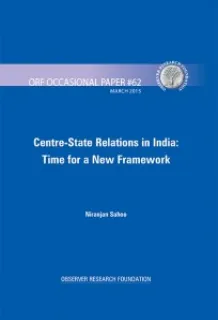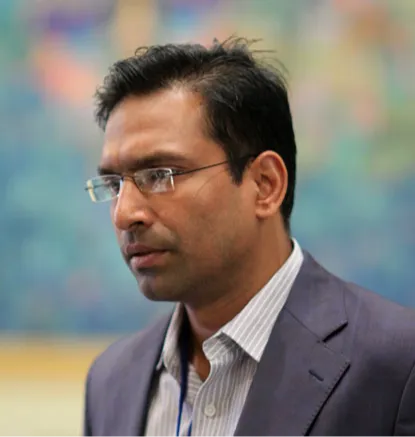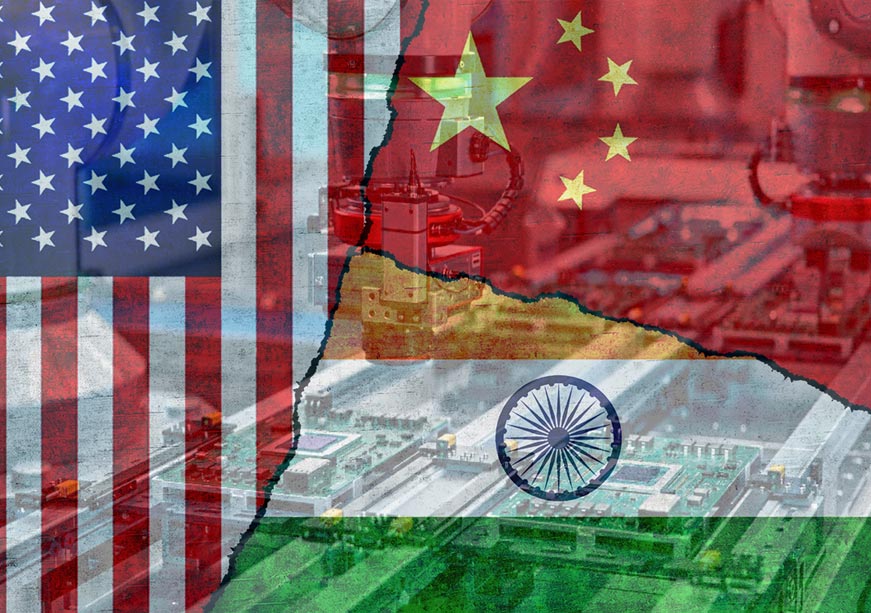The success or failure of any government in Delhi depends largely on its ability to manage the federal arithmetic. In the Tcountry’s existing federal structure, many core economic activities and service delivery functions are carried out by the states while the Centre provides broad economic and political directions. Prime Minister Narendra Modi understands these complexities well, having served as the Chief Minister of Gujarat for 12 years. After a landslide victory in the May 2014 elections, he has on occasions stated that his government is serious about restructuring Centre-state relations and strengthening the principles of “cooperative federalism.” The strongest statement of intent in this regard was made when the new government announced the dissolution of the Planning Commission, an institution often perceived as a symbol of Centre’s domination. Another major development was the government’s acceptance of the recommendations of the Fourteenth Finance Commission (FFC), raising devolution of central taxes to states to a mammoth 42 per cent. While this may seem to be a good beginning, there is still a long way to go to overcome the several challenges facing Centre-state relations.
It needs to be recalled that Centre-state relations faced major hurdles during the ten years of United Progressive Alliance (UPA) rule. Notwithstanding the Common Minimum Programme that sought better coordination with states and regional partners, the UPA coalition was largely unsuccessful in garnering the support of states and failed to walk the talk on its much promised “cooperative federalism.” The Centre and states were repeatedly at loggerheads on a number of issues, including national security, economic policies, creation of new states and even foreign policy matters. This was starkly reflected in the failure to reach an agreement on crucial economic issues such as the Goods and Services Tax (GST) and foreign direct investment in retail.
More glaring was the failure to reach a consensus on ensuring internal security: the Centre’s proposal for setting up a National Counter Terrorism Centre (NCTC) was outrightly rejected by state leaders. In this context, this paper attempts to capture some of the key challenges facing Centre-state relations. It assesses the major shifts that have occurred in India’s federal system in the last three decades, particularly those that have necessitated a major restructuring of certain federal principles. Finally, the paper provides a comprehensive list of recommendations to improve Centre-state relations in India.

 PDF Download
PDF Download



 PREV
PREV


